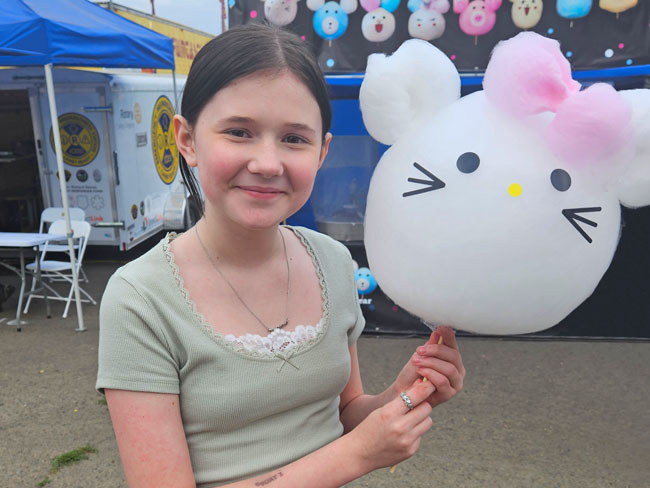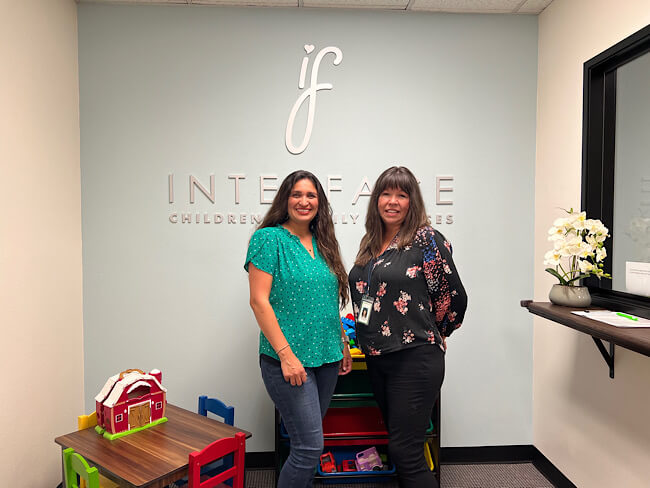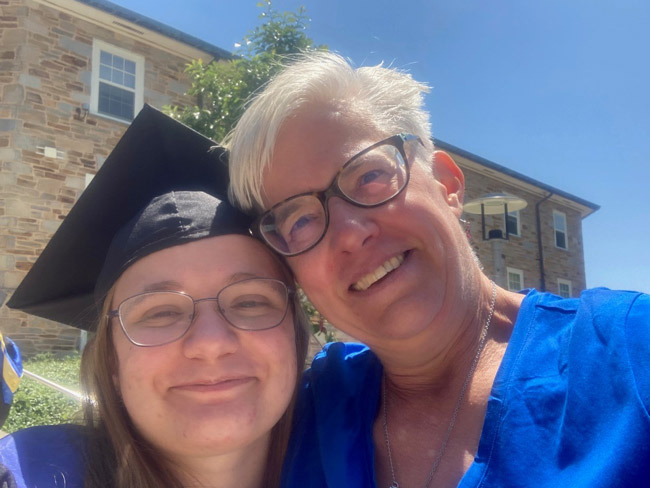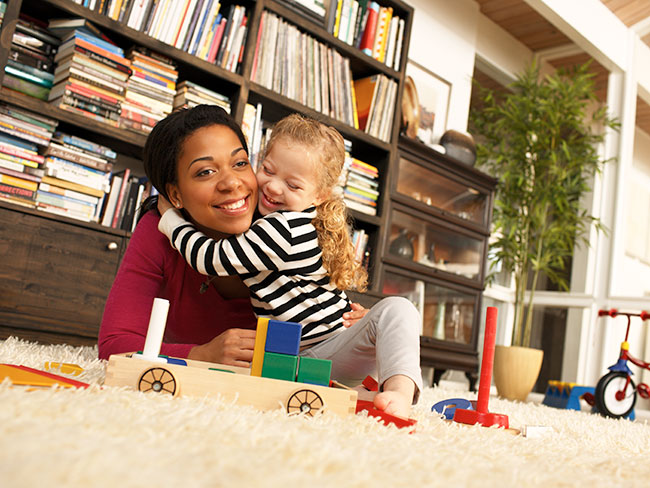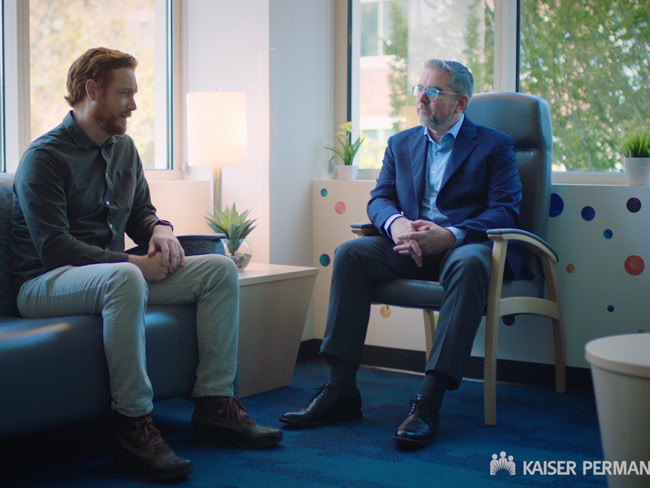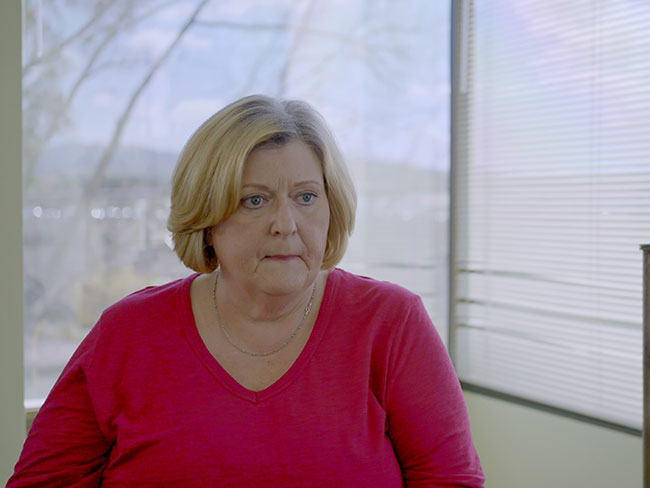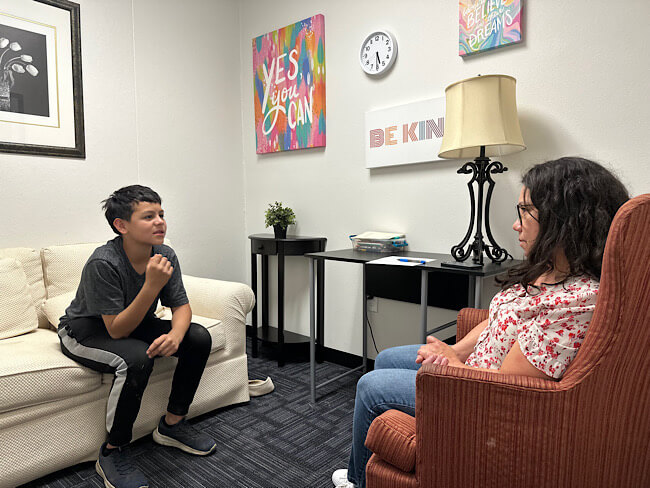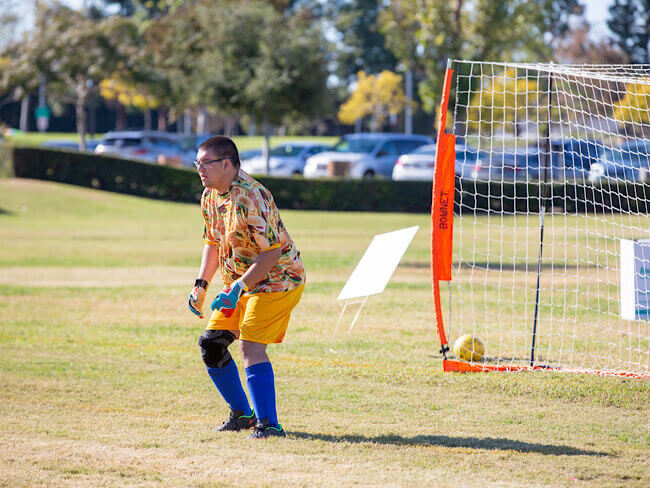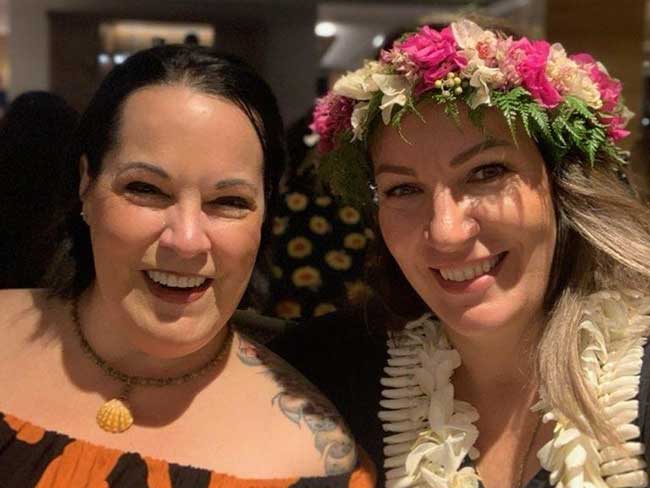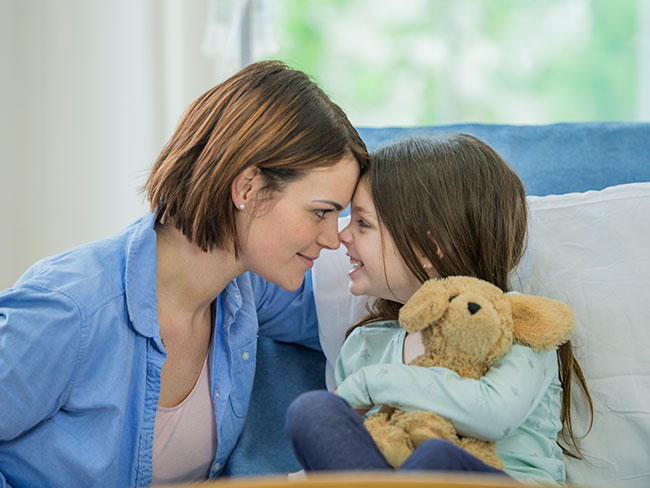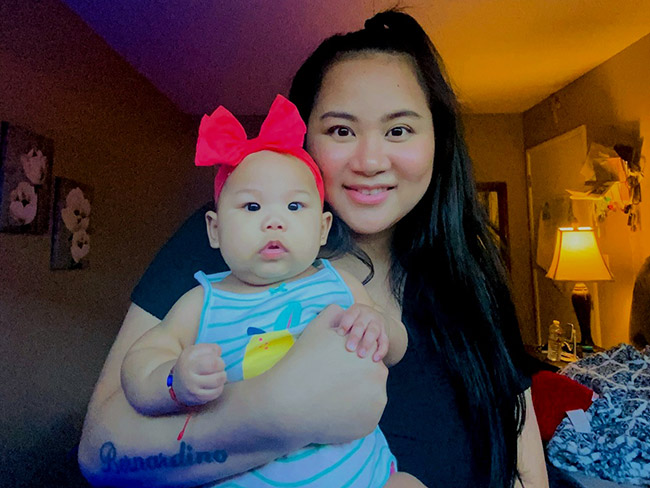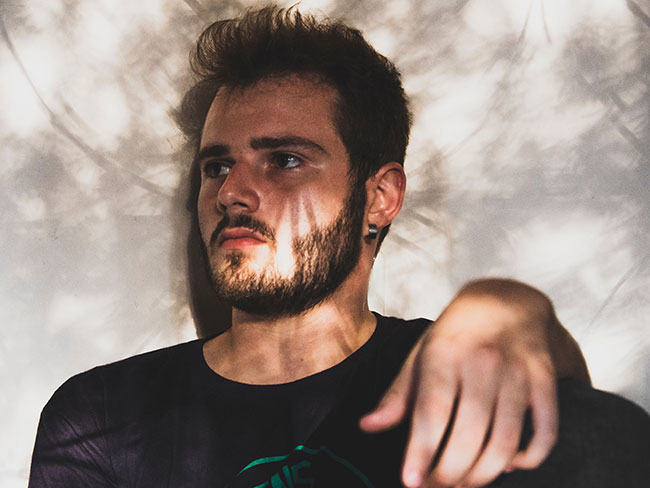A key ally in navigating mental health care for kids
Behavioral health consultants can provide a better understanding of often confusing behaviors and emotions — for both kids and their parents.
Every parent faces hurdles and doubts while learning to manage their child’s behaviors. “Even me,” said Shaili Rajput, MD, a pediatrician at Kaiser Permanente in Portland, Oregon, and mother of a young child herself.
Dr. Rajput has seen, firsthand, the importance of connecting parents and caregivers with trained mental health and wellness professionals who can add another dimension of support for children who may be experiencing challenges.
Integrating mental and physical health
As a pediatrician, Dr. Rajput cares for children daily, talking with parents and caregivers about a range of physical and emotional issues. She often refers parents to the behavioral health consultant on her team. And as a parent, she found herself wondering if she was doing things right when it came to her child’s behaviors.
“I realized that it might be helpful for me to step back from my pediatric role and allow myself to be vulnerable as a parent and see what another professional thought,” she said.
We help families understand what behaviors are common, and when they should be more concerned. Shereen Hullum, licensed clinical social worker and pediatric behavioral health consultant
“There is no one right way to manage a child’s behaviors and emotions,” said Shereen Hullum, licensed clinical social worker and pediatric behavioral health consultant in Vancouver, Washington. Hullum collaborates with doctors in medical offices as part of a patient’s primary care team. “Parents need assurance, as well as techniques and clear resources to help them bond with their child and manage their child’s development.”
Providing support through behavioral health
According to the Centers for Disease Control and Prevention, data from 2013 through 2019 shows poor mental health among children and adolescents. The trend points to a significant public health concern. The mental health disorders included in the data were attention-deficit or hyperactivity disorder, anxiety, and symptoms related to depression.
Prevention and early intervention to address issues can have a positive impact on how children manage stressors as they get older.
At Kaiser Permanente, behavioral health consultants work with adults and children, providing access to professional support and evidence-based strategies within the primary care setting to help manage behaviors that can interfere with day-to-day living.
Behavioral health consultants can help parents and caregivers navigate even the most basic transitions that often create challenging behaviors. For younger children, it can be things like potty training, moving to a new bed, sleeping challenges, and sibling issues. Some issues left unaddressed can have a negative impact on the family or create difficulties for the child in later years.
“We help families understand what behaviors are common, and when they should be more concerned,” said Hullum. “We focus on prevention strategies, providing support to help parents learn how to foster positive mental health for their child.”
Hullum said that behavioral health consultants can be an in-the-moment resource for doctors and patients. “Often, we talk with a parent before they leave their pediatric visit, listening and offering tools or strategies to better connect with their child to help improve behaviors.”
Offering advice and strategies
As a physician — and a parent — Dr. Rajput said her behavioral health consultant listened to her story and offered simple strategies.
“She was not critical or negative, only supportive. She modeled the type of things I could do with my child,” Dr. Rajput said. “She also validated that much of what we were experiencing is common transitional behavior for the age of our child.”
Prevention is key to addressing behavior issues, Hullum said. Talking with a behavioral health consultant before problems develop can be helpful.
“We are here to support parents and caregivers. They don’t have to wait for something to be a problem. Even if they have questions or are wondering about their own strategies, we can be a sounding board or assure them that these are common things.”
Learn more about kids and mental heath care at Kaiser Permanente.



